All research is exploratory if you’re confused enough
19.12.2025 08:01 — 👍 246 🔁 55 💬 5 📌 2Larry Warren
@lfwarren.bsky.social
Senior Economist at the Census Bureau Macro Labor, Market Power, and Firm Dynamics Views are my own
@lfwarren.bsky.social
Senior Economist at the Census Bureau Macro Labor, Market Power, and Firm Dynamics Views are my own
All research is exploratory if you’re confused enough
19.12.2025 08:01 — 👍 246 🔁 55 💬 5 📌 2
NBER launches initiative on economic measurement. nber.org/news/nber-la...
13.11.2025 13:20 — 👍 18 🔁 10 💬 0 📌 2Main takeaway: UI generosity modestly raises reservation & reemployment wages, but much of action is in increased collection of UI. This take-up margin dampens wage response. Policy levers on eligibility and costs of claiming and collecting UI benefits important, and interact with benefit levels.
17.09.2025 13:43 — 👍 0 🔁 0 💬 0 📌 0We build a directed search model with endogenous take-up. Key insight: Higher generosity draws in lower-wage claimants, dampening the average wage response. In the absence of a collection margin, the wage response is stronger.
17.09.2025 13:43 — 👍 0 🔁 0 💬 1 📌 0From CPS: • Reemployment wage premium for UI-eligible ≈ +9% vs. ineligible during expansions. • Take-up rate jumped from ~30% to ~40%, entirely due to higher benefits — not from changes in composition of unemployed or eligibles.
17.09.2025 13:43 — 👍 0 🔁 0 💬 1 📌 0From BAM data we find: • Cross-section elasticity of reservation wages to UI is very small • Pandemic expansions raised reservation wages by only 8–12%. • Composition shifts: Relative to pre-pandemic, collectors were younger, nonwhite, and leisure/hospitality workers.
17.09.2025 13:43 — 👍 1 🔁 0 💬 1 📌 0During COVID, UI generosity increased significantly ($600/$300 weekly supplements, plus expanded eligibility). A natural experiment to measure the pass-through from benefits to wages and who collects UI.
17.09.2025 13:43 — 👍 0 🔁 0 💬 1 📌 0How do more generous unemployment benefits affect job search, reemployment wages, and the decision to claim UI benefits? We study this using detailed admin & survey data from BAM and CPS — and a directed search model with UI and endogenous take-up.
17.09.2025 13:43 — 👍 0 🔁 0 💬 1 📌 0Hey #EconSky 📈📉
Excited to finally share this working paper with Roozbeh Hosseini and Martin Gervais.
"Unemployment Insurance, Wage Pass-Through, and Endogenous Take-up"
www2.census.gov/library/work...
A Short 🧵:
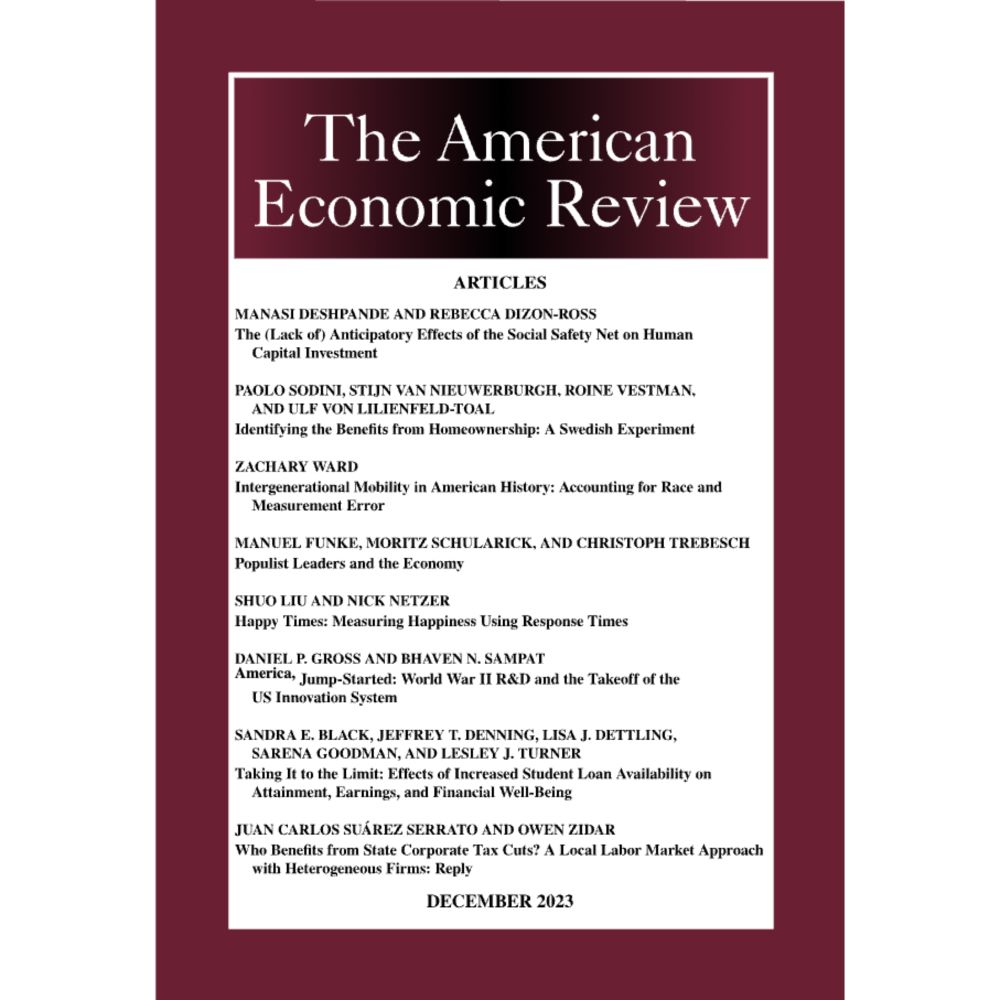
Forthcoming in the AER: "Changing Income Risk across the US Skill Distribution: Evidence from a Generalized Kalman Filter" by J. Carter Braxton, Kyle Herkenhoff, Jonathan Rothbaum, and Lawrence Schmidt. www.aeaweb.org/articles?id=...
09.09.2025 13:11 — 👍 4 🔁 2 💬 0 📌 0I love economic history because for instance, you discover that a bicycle bubble happened in Great Britain during the 1890s
21.08.2025 18:43 — 👍 52 🔁 7 💬 1 📌 2
A fun/important little piece with @AtlantaFed
colleagues. Our survey center asked firms how exposed their supply chain was to imports. More import-intensive firms expect to raise prices more *and* the more their competitors import,the more they'll raise.
www.atlantafed.org/research/pub...

reminder that midwest macro's submission deadline is coming up!
www.clevelandfed.org/events/2025/...
ROFL = Real Outliers Fatally Lanced
TLDR = Too Lazy; Didn't Research
SMH = So Many Hypotheses
BRB = Bayes ... Really, Bayes?
IMHO = Is My Hypothesis Obvious?
DND = Distribution Not Defined
FAFO = Fanciful Analysis of Four Observations
JC = Jointly Comical
NFI = Never Forget Independence
N = 16 workers
Workers were assigned to do multiple tasks
The authors don't cluster standard errors
I don't think we learn much from this study.
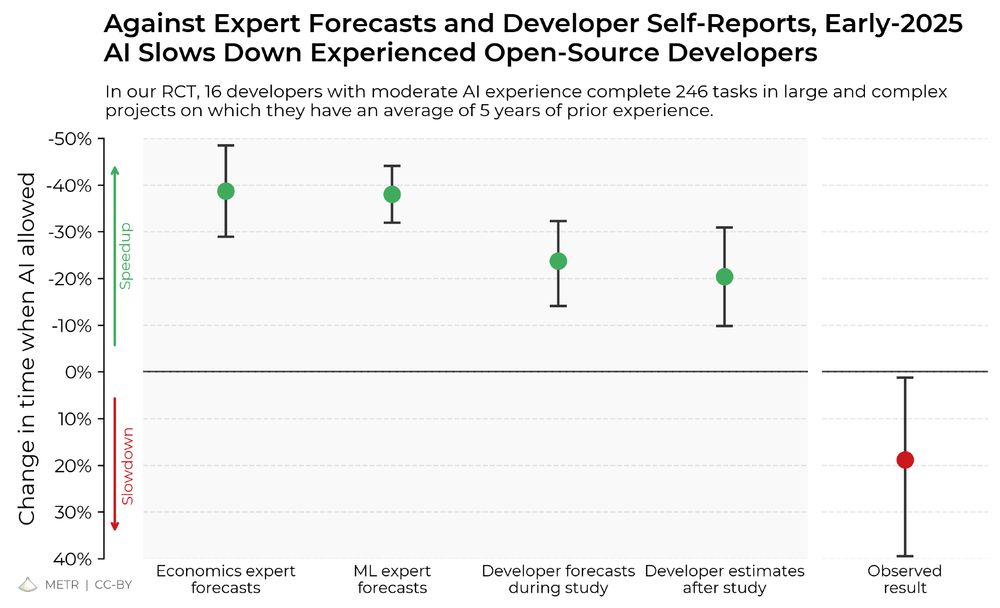
We ran a randomized controlled trial to see how much AI coding tools speed up experienced open-source developers.
The results surprised us: Developers thought they were 20% faster with AI tools, but they were actually 19% slower when they had access to AI than when they didn't.

The American Time Use Survey is up for renewal, or cancellation.
OMB is gathering input on the data's importance.
@ipums.bsky.social organized a rapid response briefing to equip us with tools to effectively comment.
#EconSky #sociology #policysky
Register:
us06web.zoom.us/webinar/regi...

This is a really good conference put on by the Bureau of Economics of the Federal Trade Commission. Submit a paper for the program via the link below. #economics #antitrust #econsky www.ftc.gov/news-events/...
16.04.2025 10:56 — 👍 2 🔁 3 💬 0 📌 0Just posted updated version of our DID textbook! We now have drafts of all chapters, including the one on general designs! Now you can tell your friends still on X that they are DID-outdated :-) Happy easter for those of you that celebrate it. papers.ssrn.com/sol3/papers....
18.04.2025 14:29 — 👍 257 🔁 79 💬 13 📌 3The work is mysterious and important.
17.03.2025 14:42 — 👍 1 🔁 0 💬 1 📌 0*Please repost* @sjgreenwood.bsky.social and I just launched a new personalized feed (*please pin*) that we hope will become a "must use" for #academicsky. The feed shows posts about papers filtered by *your* follower network. It's become my default Bluesky experience bsky.app/profile/pape...
10.03.2025 18:14 — 👍 522 🔁 296 💬 23 📌 83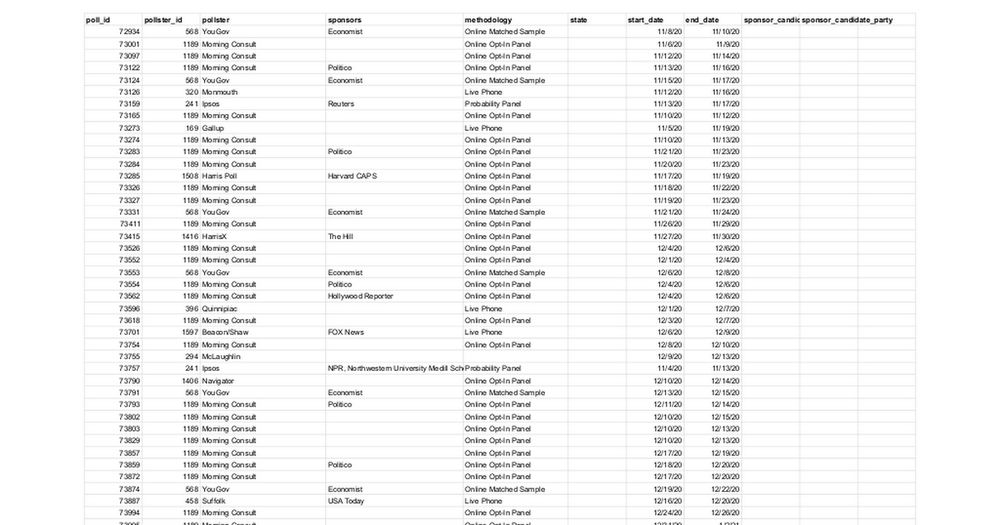
538-style poll collection has now been recreated by a small group of fans and former staff. all fully transparent and public now. return of live public aggregation is imminent
docs.google.com/spreadsheets...
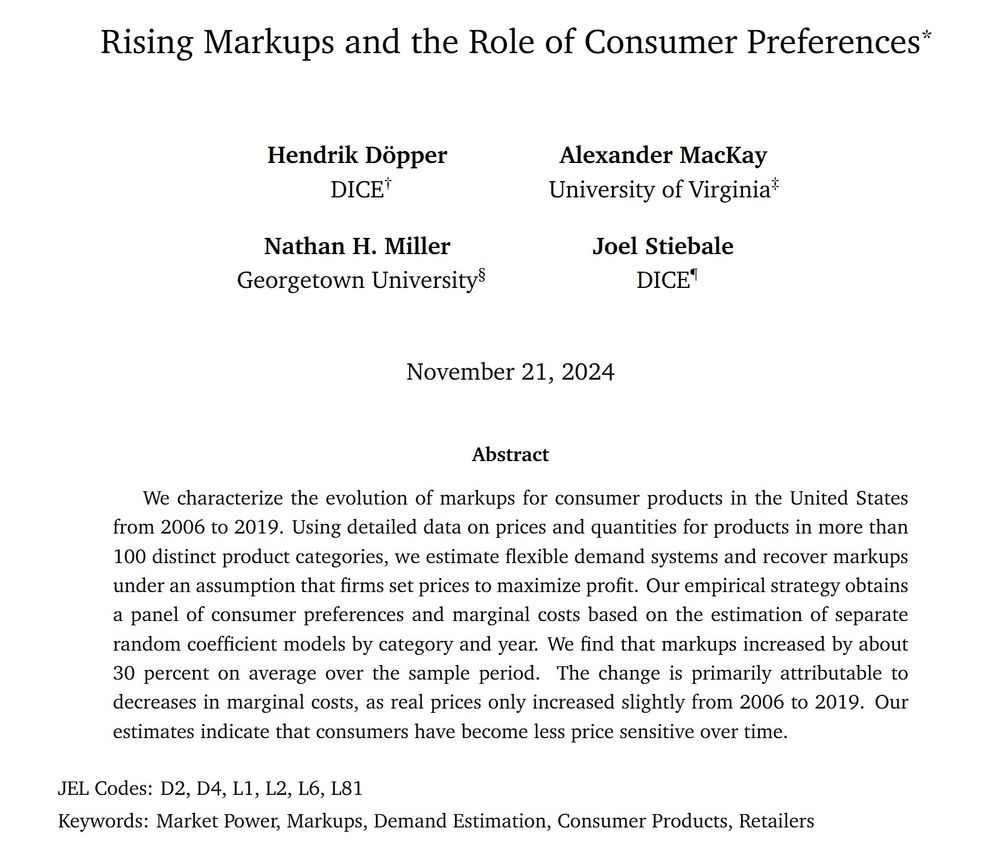
Forthcoming at the Journal of Political Economy: We find that consumer product markups increased more than 25 percent from 2006 to 2019.
One contribution is an approach to estimate IO-style models at scale, yielding flexible consumer preferences and estimates of marginal costs.

Looking to do a fully funded, policy-relevant PhD in economics?
The ESRC has funded another joint CMA PhD studentship, this time with Lorenza Rossi and Stefano Fasani at Lancaster University, on the interaction of market power, price setting and macro dynamics.
Please share widely and apply!
It's a very sad day. Just notified that @iza.org is closing its doors as of 31 December 2025. At a time when labor is under attack and technological change moves at an ever-faster pace, I can't help but think that this is a short-sighted decision. My heart goes out to those folks who work there.
24.02.2025 15:37 — 👍 311 🔁 109 💬 12 📌 20
🚀 Exciting Opportunity! 🚀
#AI keeps me up at night. What will happen to work & workers? 🤔
I'm partnering with Schmidt Sciences to offer up to $200,000 in funding for early-career researchers! 💡
🗓️ Apply by March 31 2025
🙏 spread the word!
🔗 Learn more & apply schmidtsciences.org/ai-at-work
#EconSky
Call for Papers! 4th DC Search and Matching will be 4/25-26. Submission deadline 3/10. Send us your papers! www.cvent.com/c/abstracts/...
13.02.2025 14:26 — 👍 3 🔁 2 💬 0 📌 0Heads up for anyone interested in the labour market impacts of AI:
Anthropic has released new data mapping conversations with Claude onto occupational tasks.

We just launched a 16TB archive of every dataset that has been available on data.gov since November. This will be updated day by day as new datasets appear. It can be freely copied, and we're sharing the code behind it to help others make their own archives of data they depend on.
06.02.2025 21:23 — 👍 1905 🔁 1005 💬 43 📌 66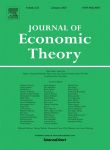
In NYC there is a shop selling cashmere sweaters for dogs, in Amsterdam there is a toothbrush shop. If you are a goth looking for a partner you should move to a city. Finally, there is a forthcoming JET paper explaining this www.sciencedirect.com/science/arti...
07.02.2025 18:02 — 👍 8 🔁 4 💬 0 📌 0